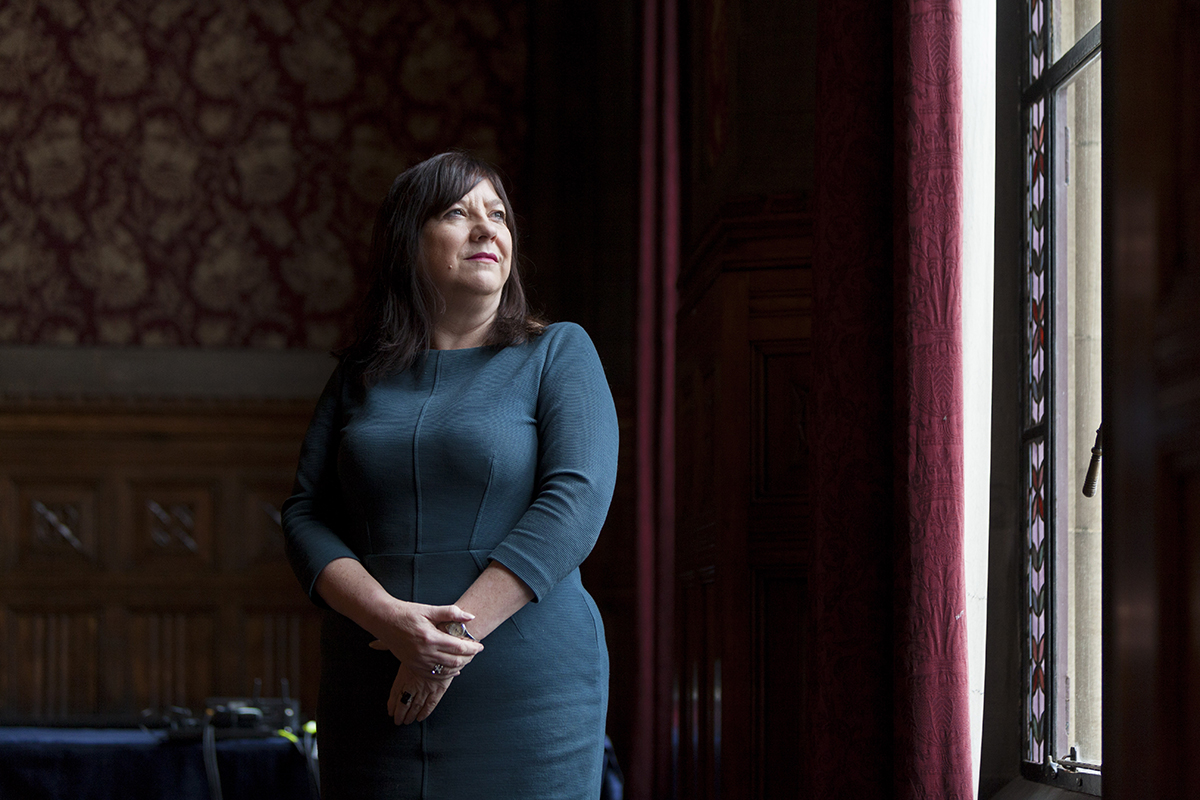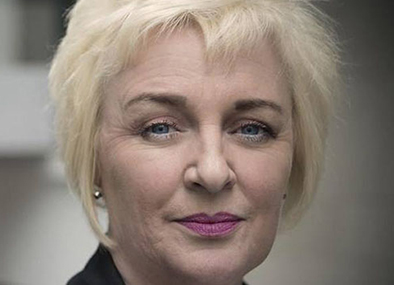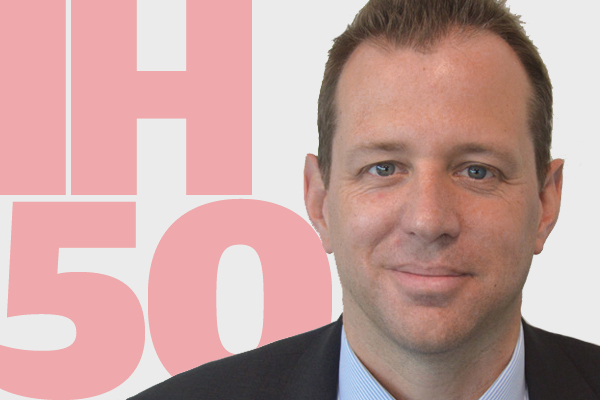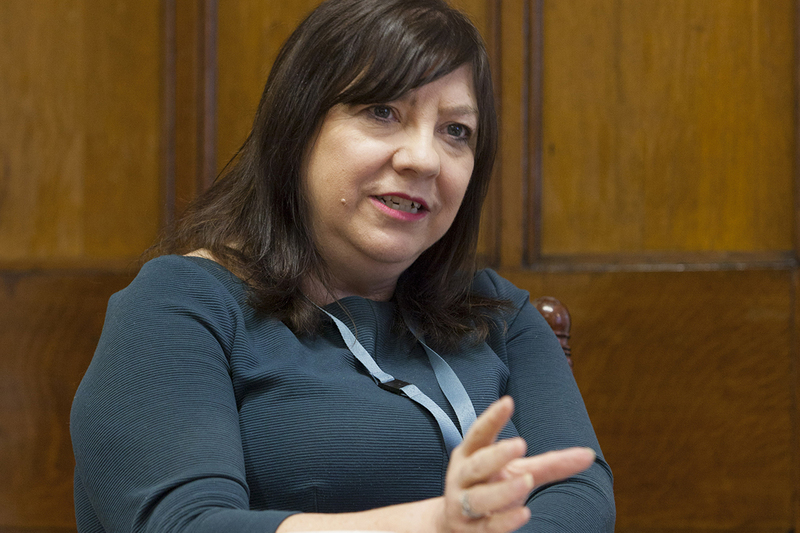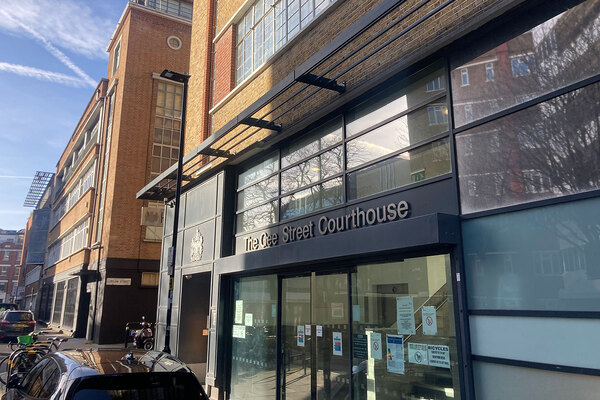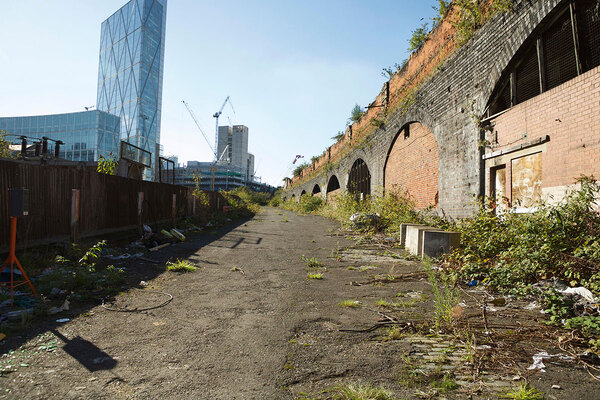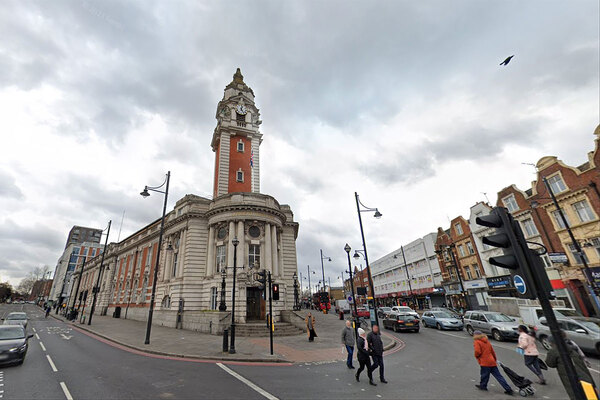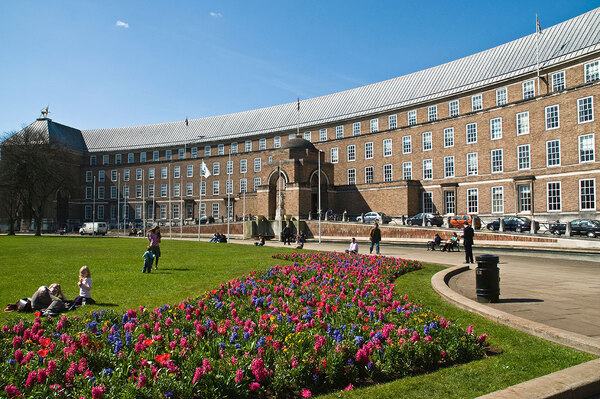You are viewing 1 of your 1 free articles
Manchester’s new chief
The first few weeks of Joanne Roney’s time as Manchester Council’s new chief executive have been marked by tragedy. Martin Hilditch finds out how the city is recovering from the terror attack and Ms Roney’s plans for the future. Photography: David Oates
Just six weeks after Joanne Roney took over as chief executive of Manchester Council, the city faced up to one of the most traumatic events in its history.
Ms Roney was just drifting off to sleep when the call came through that a bomb had gone off at the exit of the Manchester Arena, following a gig by American singer Ariana Grande. Suicide bomber Salman Abedi murdered 22 people in the attack on 22 May. The youngest victim was an eight-year-old girl.
As Ms Roney says today, it was “the worst of times”. Along with meetings with the police and at the town hall, Ms Roney also spent some of the night at Manchester City FC’s Etihad Stadium “where we had set up the respite centre for families to meet to try and find their children. It was very tense and very difficult”.
Aside from the ongoing police operation and work with victims and bereaved families, a vigil to honour the dead was held in the city’s Albert Square the day after the attacks. “A number of us didn’t sleep for a number of days,” Ms Roney says.
Despite this, there was incredible community spirit in “the aftermath of that dreadful evening”, Ms Roney says. “It was incredibly emotional and just incredibly moving the speed at which Manchester moved to respond,” she says. This included the We Love Manchester Emergency Fund which raised £2m in just 24 hours to support people injured or bereaved by the attack to ensure victims and their families wouldn’t face short-term financial difficulties.
Community support
The response told Ms Roney, formerly chief executive of Wakefield Council, everything she needed to know about her new home.
“As I said it was the worst of times but it was also the best [of the city]… The human support and the responsiveness of communities was unbelievably moving and very amazing.”
This interview – arranged before the attack – should just have been about Ms Roney’s initial plans, and what someone with such a strong background in housing (she started as an apprentice in Birmingham’s housing department and was director of neighbourhoods and community care while at Sheffield Council for 10 years) would bring to the table at one of England’s most prominent councils.
It is after all a massive period of change for a local authority that has previously thrived on stability. Ms Roney replaced Sir Howard Bernstein after he’d spent almost 20 years in the job. And there’s another powerful new player in the region too, in the shape of Andy Burnham, elected as the Greater Manchester mayor in May. We’ll come to all of that, but there are now pressing questions about the response to the events of 22 May – and, given that social housing providers are key players in local communities, what role Ms Roney thinks they have.
Just hours before the interview with Inside Housing, Ms Roney met with the Greater Manchester Housing Providers network where this was one of the issues on the table. She says housing providers have an “absolutely huge” role to play in the recovery phase.
“We had a long conversation about the housing provider resource being plugged into our local networks, be that schools, church, faith groups, communities and generally facilitating the bringing together and the discussion and dialogue. [It’s about] making more use of it.”
Ms Roney says that housing providers will also be involved closely with Radequal, Manchester’s version of the national Prevent programme (it has a different brand and approach because, according to a meeting of the council’s Communities Scrutiny Committee last year “nationally Prevent is seen as a failed or toxic brand and can therefore act as a barrier for engagement with communities”). Radequal’s central mission statement is to “connect the opportunities in our city to our communities”.
This appears to fit strongly with Ms Roney’s overall approach. When asked about her pitch for the job she says that over the past decade “Manchester’s economic and commercial property success and developments are just unbelievable”.
“The city is transformed and the legacy is huge,” she continues. “The agenda for me is to help Manchester make the connections between those investment opportunities and the people who live here. So, more around creating opportunities for young people, for ensuring that jobs created here are of the quality that people here can get access to.”
All of which are sentiments that most housing professionals would recognise. So is it true that you can take the chief executive out of the housing sector, but you can’t take the housing sector out of the chief executive?
“I think it is a really good grounding for a chief executive, because what the housing profession has always done is link place-shaping to people,” Ms Roney says. “So, from right back in the days in Birmingham where I was dealing with homelessness and resettling vulnerable adults, there’s that ability to understand how housing can help people.”
Good quality housing can change people’s lives, she says with feeling. As a chief executive that involves “always arguing for the housing investment and regeneration potential to transform places and [lead to] economic growth”.
While Sir Howard leaves big boots to fill, in many ways Manchester’s success story has been so widely talked about that following in his footsteps becomes that little bit easier.
“I’m part of the generation that has learned from Manchester in terms of housing policy,” Ms Roney admits.
Uncertain future
It’s not just the new figures at the top that will affect Manchester’s success moving forward. There is also the uncertainty created both by this month’s general election and last year’s Brexit vote. Greater Manchester has been something of a poster boy for devolution. Does the current national uncertainty strengthen Manchester’s hand when it comes to the further devolution of powers?
“I think central government needs us to come up with the solutions as part of Brexit negotiations. We have to be at the forefront of saying ‘if you give us more powers locally this is what we can deliver for you that helps government deal with some of the issues that they have got to face’.”
What might these new powers be? Further devolution of welfare policy, the pooling of health and social care budgets and “similar types of reforms around housing revenue costs” are all mentioned. In general, deals will work by Manchester “capturing the freedoms and flexibilities we need to reform our public sector services and see if we can’t put the whole pot of public funding to better use”.
But if Manchester chooses to ride to the rescue of the national government by saving it money if it gets more powers devolved, could there yet be tension locally with the new metro mayor? In recent years Manchester has concentrated on “rebalancing” its housing market because it had a disproportionately large amount of social housing. Mr Burnham has said, however, that his top priority is to drive an increase in council and social housing. He’s also criticised Greater Manchester’s £300m devolved housing fund for concentrating too much on building high-value, private sector homes.
“As a new mayor, he is asking to look again at policy and assumptions that have been made,” Ms Roney says, playing the question with a straight bat. “That is his mandate.”
Does that mean the historic approach will change dramatically?
“I don’t think the mayor has come in and suddenly the mayor is going to rethink everything,” Ms Roney states. “It is more about the mayor wanting to understand the plans and proposals that have been put forward so he can add value to bring in additional powers and flexibilities that we need from Westminster.”
Of course, it is still early days for everyone concerned. But, through tough times, Ms Roney has learned a huge amount about her new home.
“These events did not divide this city,” she says. “It will stay strong and, indeed, be stronger I think.”
